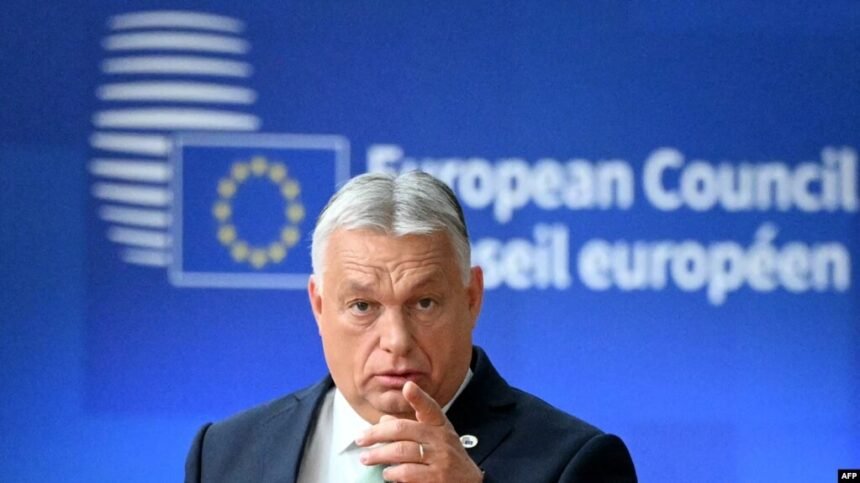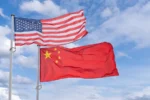This week proved to be a diplomatic disappointment for Ukraine in its aspirations to join the European Union and NATO. Despite high expectations for significant progress at key summits in Brussels and The Hague, Ukraine is no closer to full membership in either institution.
At the NATO summit in The Hague, the shift in U.S. leadership to President Donald Trump meant a stark change from the previous year. No NATO-Ukraine Council at the leaders’ level was held, public discussions about Ukraine’s eventual membership were absent, and the final declaration omitted any direct mention of it. While President Zelenskyy met with Trump, described as a positive interaction, Ukraine received “nothing concrete” in terms of membership or new sanctions against Russia. Officials noted that simply avoiding a negative interaction with Trump was considered a success, highlighting how low expectations had become.
Similarly, at the EU summit in Brussels, earlier hopes for officially opening new negotiation clusters for Ukraine’s accession were dashed. Despite support from the European Commission and 26 out of 27 member states, Hungary continued to block progress, citing its recent “consultative referendum” where 95% of participants reportedly voted against Ukraine’s EU membership. Hungarian Prime Minister Viktor Orbán argued that integrating a country at war would mean “integrating the war” into the EU. While symbolic support for Ukraine’s EU integration was noted, no practical steps were taken. President Zelenskyy’s absence from the Brussels summit in person, despite attending other events, also underscored the reduced momentum.
Officials now concede that Hungary’s veto might persist until its parliamentary elections in April 2026. Beyond Hungary, some European capitals appear comfortable with a slower pace for Ukraine’s accession, due to concerns about the financial burden of integrating a large, poor, and war-torn country, and the necessary internal EU reforms. While Ukraine’s EU bid remains on the table, the ambitious 2030 membership goal may need to be revised to “the 2030s,” reflecting the current diplomatic stagnation.







